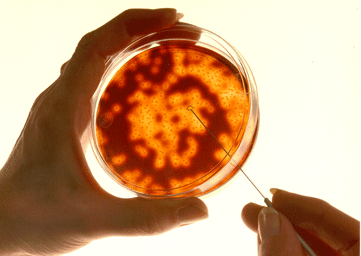Home » Course Layouts » Free Course Layout Udemy
Introduces students to the principles, laws, and policies that influence the use of animal and alternative, non-animal-based (humane sciences) research techniques in biomedical research.
0
24
English
English [CC]
FREE
- Learn basic syntax that can apply to any language.
- Learn what is a programming language and the basic concepts for beginners.
- Understand what is Javascript in it's truest form.
- Know the basic syntax of Javascript.
- Know some hidden quirks in Javascript.
Description
Course Objectives
Upon completing this course, students will be able to:- Describe the principles that govern the use of laboratory animals in research
- Identify the steps by which biomedical research involving animals is reviewed by Institutional Animal Care and Use Committees (IACUCs)
- Explain the guiding principles of humane science, including the "3Rs" - reduction, refinement, and replacement
- Assess the ways in which the application of humane science principles in biomedical research can lead to more robust scientific methodology and results
Course Requirements
Lectures: There are nine required lectures and three optional lectures in this course. Students are expected to read materials relevant to each lecture in addition to viewing the online presentation.Course content
-
- 3Rs and Humane Science (Alan M. Goldberg) 01:40:00
-
- Institutional Animal Care and Use Committees: An Overview (Joanne Zurlo) 00:50:00
- International Issues in Humane Science (Alan M. Goldberg) 00:40:00
N.A
- 5 stars0
- 4 stars0
- 3 stars0
- 2 stars0
- 1 stars0
No Reviews found for this course.
Instructor
John Hopkin University
0
0
165
6
Explore Free Courses
Access valuable knowledge without any cost.
{"title":"","show_title":"0","post_type":"course","taxonomy":"course-cat","term":"engineering-skills,health-and-safety","post_ids":"","course_style":"free","featured_style":"course6","masonry":"","grid_columns":"clear4 col-md-3","column_width":"268","gutter":"30","grid_number":"4","infinite":"","pagination":"","grid_excerpt_length":"20","grid_link":"1","grid_search":"0","course_type":"","css_class":"","container_css":"","custom_css":""}












